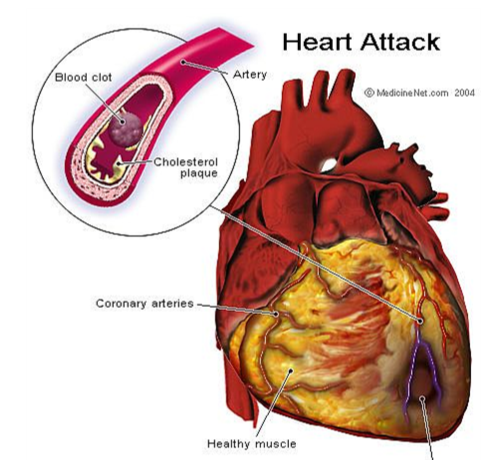Our world is burning the wrong fuel. Whether you believe that global warming is real or not, burning fossil fuels creates problems such as air pollution, environmental damage, and political instability. There will be a day when oil costs more than it is worth to extract it from the ground. Changing from burning oil to using renewable resources is not going to be easy, but once we have made the change we will all be better off.

The same is true with our body’s fuel.
Most people think that our body’s energy and sugar are the same thing. The reason you think this has to do with a combination of advertising and misguided research studies. In the past, it was well known that athletes would “bonk” when they exercised for a long time without eating anything. Researchers discovered that bonking was due to running out of glycogen (the quick-energy form of sugar). To keep from bonking, scientists discovered, athletes needed to keep taking sugar in during exercise.
The sport drink industry has pushed this idea out of the science lab and into our brains and this is why most of us think that sugar is the same as energy. When you feel tired, it is your blood sugar dropping, isn’t it? Even kids know this. Our bodies are tied to sugar like our world is tied to oil, we cannot imagine a world without either of these energy sources. But there is another fuel source that is not only better for our health, but is also better for weight loss.
The Unknown Energy Source
If you have been following the 30 Sugar Free Days Program, you have lowered your reliance on sugar, but you may have not taken the next step which is to switch your energy source away from sugar and on to burning fat.
In truth, your body can run on many energy sources: sugar, proteins, and fats (burning proteins for fuel is a rare event and something you generally don’t want to do – so I’ll leave that discussion for another day). The other major fuel source in your body is fat (or more specifically, the breakdown products of fat called ketones).
You may have heard of ketones and may have even heard that they are dangerous, but this is mixing up ketones with diabetic ketoacidosis. While someone who is diabetic does need to worry about having too many ketones, the average person does not. It is the level of ketones in your body that change them from being helpful to harmful. The amount of ketones that are produced by a diabetic in trouble are 10 times what you produce when you alter your eating habits. Ketone levels are very similar to blood sugar, a little bit of blood sugar is a good thing, but high blood sugar is trouble.
There are parts of your body that already use ketones as their preferred fuel source (such as your heart and muscles) and your body can run just fine without much sugar at all. In fact many parts of your body will run better when you make the switch from sugar to ketones.
At any given time, you are burning some sugar and some ketones. In fact, if you are exercising, the percentage of sugar-burning to ketone-burning changes depending on how hard you are exercising (low-intensity exercise uses mostly ketones, while high-intensity uses mostly sugar).
The take-home from all of this is that sugar is not energy and you will find a much more even energy source when you keep your blood sugar low and use ketones for energy. You can accomplish this by eating less than 50 grams of carbohydrate a day and this will also help you with weight loss.














